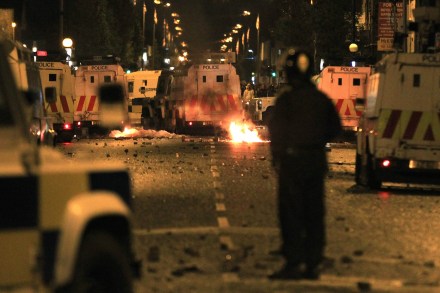Irish Economic Meltdown: It Wasn’t Fianna Fail’s Responsibility!
Even by the lofty standards of delusional politicians, Bertie Ahern remains a man apart. The former Taoiseach who once boasted that “the boom times are getting boomier” has a novel theory to explain Ireland’s economic bust: it was the fault of the newspapers. Apparently they were too interested in writing about the curious way in which Bertie’s life was funded by a number of generous and wealthy pals and businessmen. If they hadn’t been persecuting the cutest hoor on the northside perhaps they’d have noticed what else was going on. Really, this is what the man says: Bertie Ahern has called for an investigation into the media for what he




